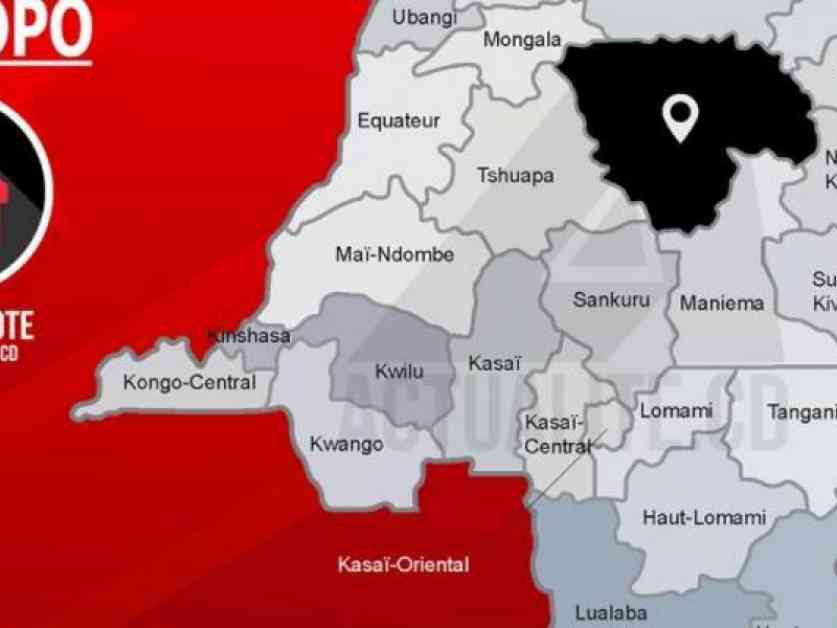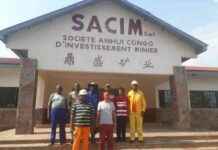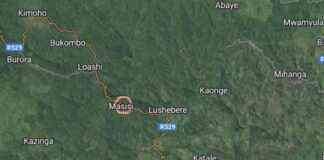Promotion of Peaceful Coexistence Between Mbole and Lengola Urged by BCNUDH
Two years after the start of the intercommunal conflict in Tshopo, peaceful coexistence remains challenging between the conflicting communities. This could pose a major risk to the province’s stability, as highlighted on Thursday, January 16, by the United Nations Joint Human Rights Office (BCNUDH) just a few weeks after the peace and development forum in the Tshopo province.
Urgent Call for Peace
In this context, the BCNUDH urges the government to address the root causes of this conflict to end ethnic tensions and pave the way for peaceful cohabitation between the Mbole and Lengola communities. As the customary reconciliation ceremony on January 27, 2025, in Osio approaches, the BCNUDH calls on the Government to urgently tackle the deep-seated causes of the conflict, including land governance, issues of parallel administration, and underlying ethnic tensions. This is crucial to creating the conditions for the safe and dignified return of displaced persons to their original villages and ensure peaceful coexistence among communities.
Support for Justice and Victims
As part of its mandate, the BCNUDH stands ready to support ongoing judicial procedures and assist victims. The organization also calls on humanitarian actors to aid provincial authorities in managing displacement sites and promptly meeting the immediate needs of displaced individuals. Additionally, the private sector is urged to ensure that any future land purchases are made with the free, prior, and informed consent of all affected communities.
Humanitarian Crisis
Since the conflict began, the BCNUDH reports that at least 303 civilians have fallen victim to serious human rights violations in the intercommunal conflict between the Mbole and Lengola and their respective allies since February 2023. Government and humanitarian sources estimate that at least 107,000 people have been displaced due to the conflict, living in precarious conditions in three displacement sites in Kisangani and the Lubunga municipality.
The roots of the intercommunal conflict lie in a land dispute over 4,000 hectares allocated by provincial authorities to the agro-pastoral company CAP-Congo in the Lubunga municipality. This conflict is further fueled by the establishment of a parallel administration in the Lubuya Beda municipality and underlying ethnic tensions.
Clément MUAMBA
—
**Humanizing Touch:**
Imagine waking up one day to find your home surrounded by conflict, your neighbors turned into enemies, and your sense of safety shattered. This is the reality for thousands of individuals caught in the crossfire between the Mbole and Lengola communities in the Tshopo province. As we go about our daily lives, it’s easy to overlook the struggles faced by those in distant lands. But the call for peaceful coexistence isn’t just a distant plea—it’s a cry for help from our fellow humans, asking for understanding, empathy, and support in their quest for peace. Let’s take a moment to reflect on the importance of unity, compassion, and solidarity in a world where harmony seems increasingly fragile.

















